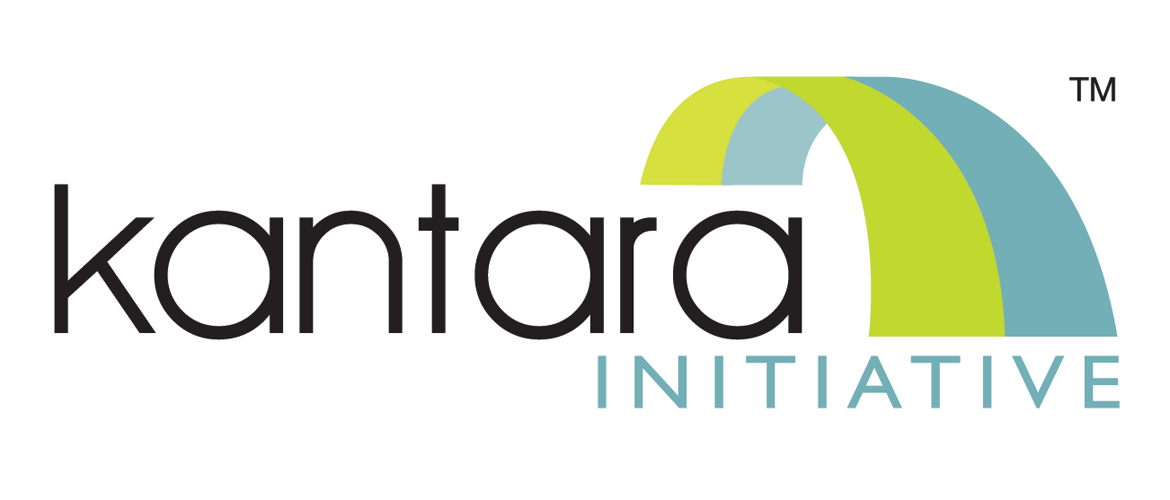Our 2023 #DEIA survey is now open! Click here to participate!
Yesterday The Identity Theft Prevention and Identity Management Standards Panel (IDSP) released a workshop report calling for the development of an American National Standard on identity verification as a tool to help combat terrorism and identity theft. This is work Kantara Initiative supports and looks forward to continue our engagement with as this standards effort progresses to the next level. I serve on the Steering Committee of IDSP and I’d like to commend Jim McCabe, Graham Whitehead and the other contributors for their excellent work.
I’m writing this post from Washington, D.C. where I’m speaking at the Smart Card Alliance’s 8th Annual Smart Cards in Government conference. Yesterday I was on a panel here with Dan Combs, Brian Zimmer, and Tom Lockwood where we had the opportunity to highlight this important milestone in the standards-setting process for identity vetting & proofing. This is an important standard that will improve the efficacy of Kantara’s own Identity Assurance Framework since our Service Assessment Criteria for identity proofing is dependent on source documents (aka “breeder documents”). This new standard that will be developed based on the impetus of yesterday’s ANSI Report will improve the reliability of breeder documents.
Perhaps the most far-reaching benefit of this report’s recommendations will be on the stability of the consumer identity ecosystem that all “online” Americans find themselves in today. In order for electronic credentials like username & password, or more secure credentials like OTP devices or Smart Cards, to trusted at the highest levels of assurance, they must be properly bound to the identity of the user. Our Identity Assurance Framework standardizes a way of doing this but is largely dependent on the validity of the source credentials used during the enrollment process. This is why we support the IDSP efforts to improve the validity of all source credentials issued in the United States, and will support this work moving forward as the foundation for an international standard in this area.

